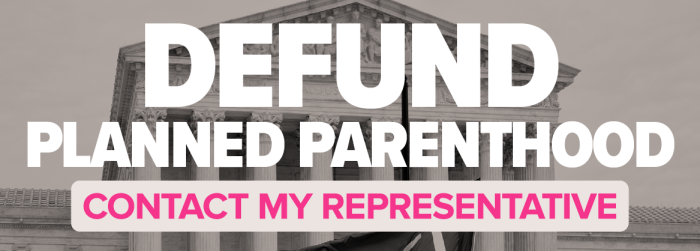When Arlene Lehmann was 30 years old, she underwent her first abortion. She was in a relationship with a co-worker who was newly separated from his common-law wife, and upon learning Lehmann was pregnant, he coldly told her to “get rid of it.”
“His ex-wife was very jealous and threatened to take him to court,” Lehmann told Live Action News. “He was afraid of her wrath should she find out I was pregnant. Plus, he lamented that the timing wasn’t right; he just couldn’t afford to support a child.”
While she lay on the table shortly after the abortion, Lehmann felt that something evil had just occurred. Growing up on a farm in a Christian home, Lehmann didn’t fully comprehend what induced abortion entailed and its long-lasting impact on women’s physical and emotional health.
“I made a promise that day that no matter what the circumstances, I would never have another abortion,” Lehmann said.
A promise broken, and a devastating consequence
But three years later, Lehmann was again pregnant. She was still in the same relationship but now it had become abusive. She remembered her vow to never abort a baby again, and when she told her boyfriend about the pregnancy, she stood her ground, determined that this time, she would choose life.
Lehmann said, “But this pregnancy was very difficult. I had seven to eight fibroid tumors growing quickly in my uterus crowding out the baby. My doctor advised that I have an abortion, but I was fearful of breaking my promise to the Lord.”
She found caring and support among fellow church members. “We prayed together for God to heal me,” Lehmann said. “But the pregnancy just worsened.”
Tests revealed the baby was not developing normally. Lehmann’s doctor told her she would not be able to deliver a healthy, full-term baby.
Lehmann said, “My boyfriend put the pressure on to have an abortion. He claimed he could not afford to financially support a disabled child, but I kept hanging on.”
READ: Research shows post-abortion trauma is very real, and women aren’t alone
One day when she cried out in misery to the Lord that she just couldn’t go on any longer, she decided to have a second abortion.
“Because of the circumstances, I also had to have a hysterectomy,” Lehmann said. “I would never again be able to carry a child, which was devastating. It was such a traumatic time for me.”
She was not informed during her first abortion that complications could arise in subsequent pregnancies. She now believes that the difficulties of her second pregnancy were linked to her prior abortion.
After her hysterectomy, Lehmann’s sisters came to help her, which turned out to be a blessing in many ways.
Lehmann said, “I was living with my boyfriend most of the time but still had my own apartment. When he heard my sisters were coming, he took my clothes and other belongings and transferred them to my apartment so they wouldn’t know I had been staying with him.”
A new path of emotional healing and pro-life activism
After her siblings returned home, Lehmann remained in her apartment.
“That was a turning point,” Lehmann said. “My boyfriend knew I wasn’t coming back to him and that he had lost control of me.”
While perusing books at a Christian bookstore one day, Lehmann came across the book, “Abortion’s Second Victim” by Pam Koerbel. She started reading the preface and the words jumped out at her.
Lehmann said, “I was in tears as a flood of emotions that I didn’t know I had buried came to the surface. I later had the opportunity to meet the author and tell her how grateful I was for her book.”
The book set the foundation for Lehmann’s healing journey. While at church one day waiting to hear a speaker, she looked through a bulletin that someone had left in the pew and saw an advertisement for a healing retreat.
“I decided to attend this retreat and attended a Deeper Still retreat as well,” Lehmann said. “I was told at these retreats that I was further along in my journey than most attendees. Pam’s book had started me on the path to healing.”
Lehmann later wrote a book, “Healing Hidden Bruises,” to illustrate the correlation between domestic violence and abortion borne out of her personal experience.
Lehmann said, “I have been speaking out about this because I think women need to be educated. It’s gratifying to learn that some pregnancy resource centers are using my book as a resource.”
In addition to PRCs, Lehmann believes church leaders need to do a better job of helping post-abortive women heal.
“So many women are sitting in church pews silently grappling with shame and guilt, feeling as if they can never be forgiven for the sin of abortion,” Lehmann said. “Churches need to be a place of refuge, offering resources and healing ministries to those who need help including women who have had abortions.”
She has contemplated getting involved in church outreach at some point and wants women to know there is healing after abortion, and that God’s grace and mercy are sufficient.
“We must confront the lies of the abortion industry that it’s a quick and easy solution for desperate women,” she said. “Pregnancy is always going to change lives but taking the life of an innocent child is never justified and has far-reaching consequences.”








